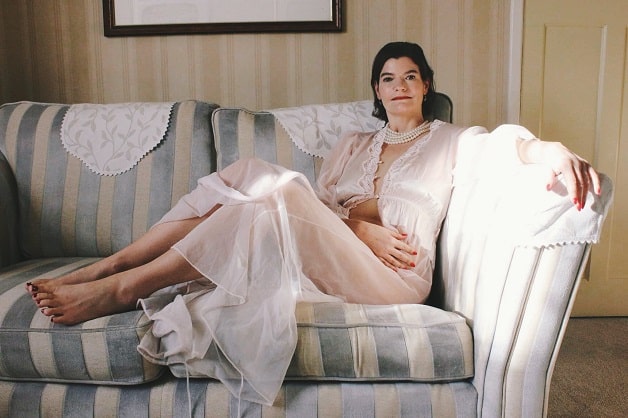
That gap between Christmas and New Year, when time has no meaning, has never felt more extended or pronounced. The whole year has been fairly Twixmassy, and now adding actual twixmas to the mix has seen hours move like treacly glaciers.
Usually Christmas merely sees us swap one set of obligations for another. Shopping, wrapping, cooking more elaborate meals, trying to keep those distant cousins from killing each other, for reasons too ancient to be fully recalled; making polite conversation with strangers, smiling and smiling, pretending to like your presents, dinner, losing at unfathomable board games, idiotic tinselly telly. For most of us that’s mostly stopped.
I have become a master at squandering time. I spend twelve hours in bed, mainly dreaming elusive anxious dreams, but also reading: it’s thirty years since I read this much. I stare out the window and concoct stories about the people I see – how they might justify being out of their homes, should I accost them and demand an explanation, which, if this interregnum period continues much longer, I might.
I write lists of things I’ll do should I ever get a chance. I am constantly reminded to remind myself how lucky I am to be in excellent health and a warm home, fridge fully stocked, my only real problem boredom. Except it’s not boredom, is it? Only a shallow-minded dunderhead would call this boredom. It’s real name is existential angst, the realisation that nothing you do actually makes any difference, that all the busy-ness with which you usually distract yourself was only ever filling this hole, the one you always knew existed but chose to keep running from, or covering with meaningless chores, work and Instagram. If I spent the rest of my life staring out of the window making up stories about strangers it wouldn’t matter, because nothing does.
You can embrace this realisation or fight it. I have put the counter argument to people I’ve found gripped with white-faced panic, and it goes like this: no one’s life is pointless when they lessen the burden of living for someone else. That sounds plausible – George Eliot said it before me – but it doesn’t much help the lonely who fear themselves no use to anyone, and bothersome to most.
But maybe it needn’t exclude them, if we widen our terms. By lessening burdens I don’t mean leaping about helping the poor and infirm, exhausting and impoverishing yourself distributing philanthropy like smarties, because that’s as much of a distraction from your own screaming void as vodka or shopping. I mean doing your best in every circumstance, trying to avoid conflict and pain in each interaction (and Covid couldn’t diminish our number of interactions, but only change their nature: they’ve gone online, or become internalised).
The void might have been filled with God once. We’d have believed God was punishing us with this plague for our wickedness, and been so afraid we might decide to be good, sacrifice livestock or something, to appease Him: that would have taken up a fair few hours. Guilt and fear and behaving oneself are so terribly time-consuming. But even the whackiest conspiracy theorists haven’t suggested that, at least not the ones I’ve read. Instead we replace fear of God with anger against politicians, trawling headlines to find things to be angry about. I haven’t the energy for that, and rage makes my cheeks ruddy
We can’t control how meaningless our lives feel and trying to do so will only cause us sorrow and anxiety. I think that’s rather reassuring. So lean out of your window and make up stories about strangers; read comics; sing hits from the shows. It’s as valuable as anger, as meaningful as fear, and won’t even damage your complexion.

